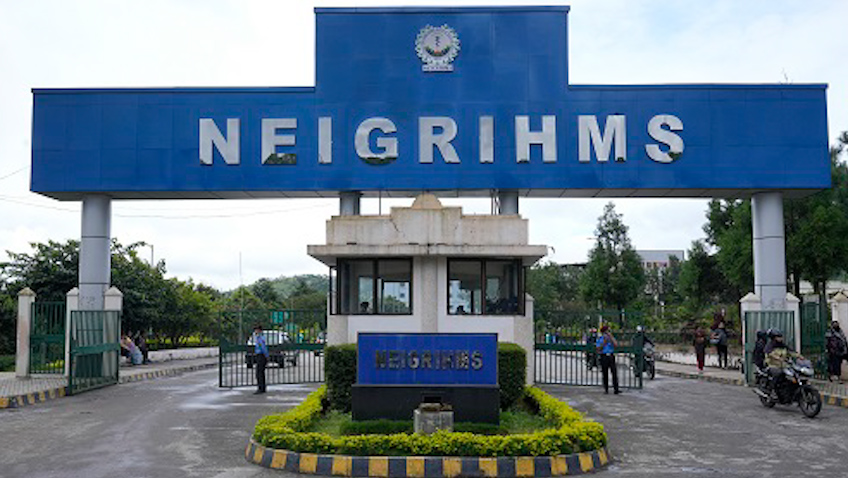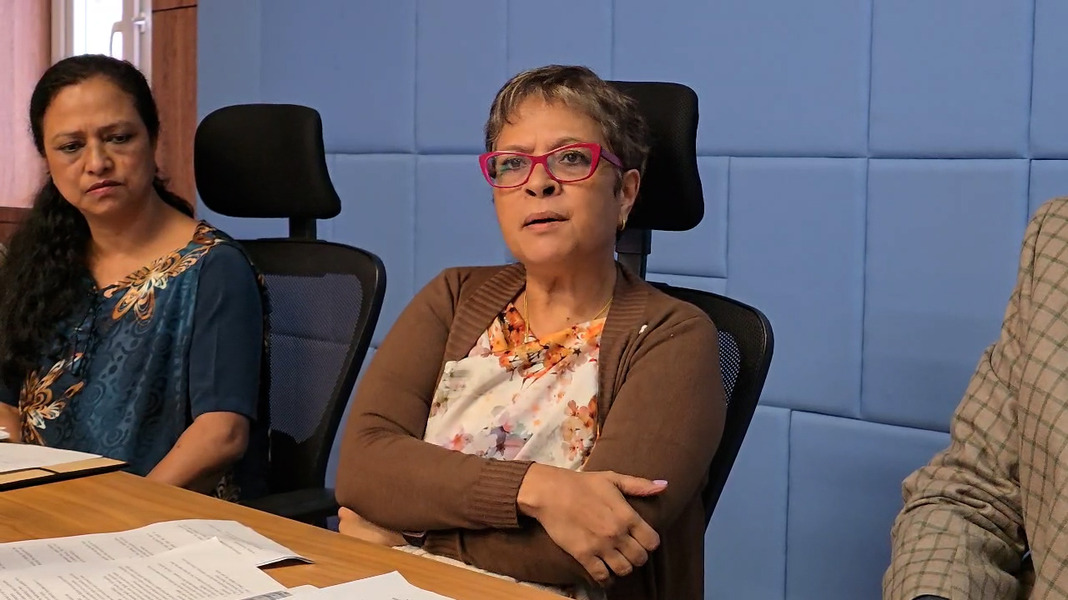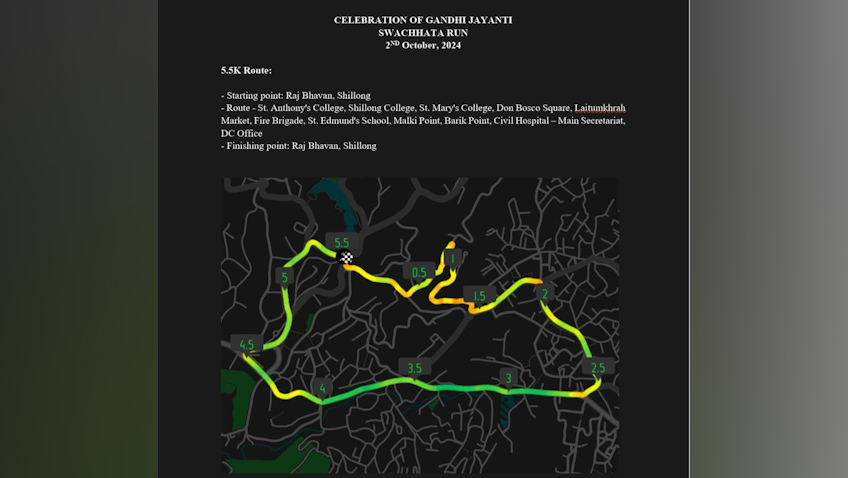Shillong, Sep 29: Adverse drug reactions can be life-altering or even life-threatening, making it essential for healthcare professionals to stay alert. Despite advancements in medical technology and drug safety, patients still face the risk of unintended side effects from medications.
Healthcare professionals in Meghalaya were asked to give priority on Adverse Drug Reaction (ADR) reporting in safeguarding patient safety. A week-long event aimed to raise awareness about the importance of ADR reporting and promote the culture of pharmacovigilance among healthcare professionals was held the Adverse Drug Reaction (ADR) Monitoring Centre, Department of Pharmacology, NEIGRIHMS from September 17 to September 23 with the theme “Building ADR Reporting Culture for Patient Safety.”
The idea sought to foster a culture of vigilance among healthcare professionals. In a field where the margin for error can be slim, the importance of monitoring and reporting adverse drug reactions cannot be overstated.
The organisers said this is where pharmacovigilance becomes pivotal. By creating a culture where ADR reporting is second nature, healthcare workers can significantly reduce the risk of drug-related harm. This was the core message of the Pharmacovigilance Week events.
The week kicked off with a sensitisation programme at Supercare Hospital, Shillong, where doctors, nurses, and healthcare workers gathered to learn about the significance of ADR reporting in improving patient outcomes. Senior resident doctor Dr Reuben P Syiem and junior resident Dr Rajesh Kumar from NEIGRIHMS highlighted that every healthcare professional plays a role in identifying, documenting, and reporting adverse drug reactions. Their commitment to reporting can prevent future harm, ultimately saving lives.
One of the standout features of the event was a hands-on training session led by Dr Namit Ray and Dr Pavan Kalyan, who provided practical guidance on the identification and management of ADRs. This training equipped participants with the skills to accurately report adverse reactions—a step that often acts as the first line of defense in ensuring patient safety. The session made it clear that ADR reporting isn’t just a bureaucratic process; it’s a life-saving measure that builds trust in the healthcare system.
Pharmacovigilance is not the sole responsibility of doctors or pharmacists—nurses, technicians, and even patients play a role in identifying when something isn’t right. The focus of this year’s Pharmacovigilance Week was to nurture this shared responsibility and build a system where ADR reporting becomes routine, not a rare occurrence.
Similar programmes were also held at NEIGRIHMS throughout the week, engaging resident doctors, nurses, and nursing students. The consistent message throughout the sessions was clear: ADR reporting is not just a professional obligation, but a moral one. By catching potential drug-related issues early, healthcare workers can make informed decisions that ultimately protect patients and enhance care quality.




